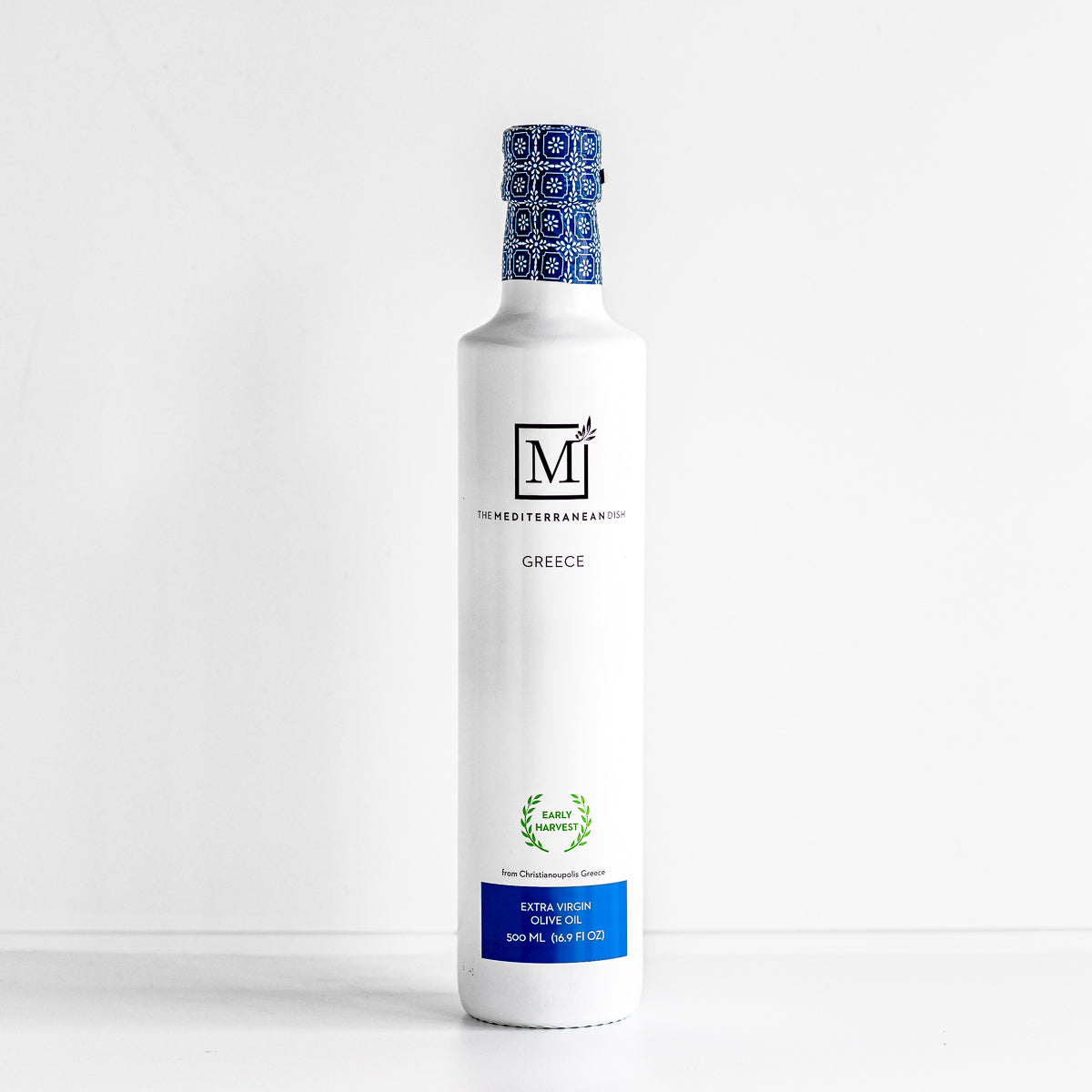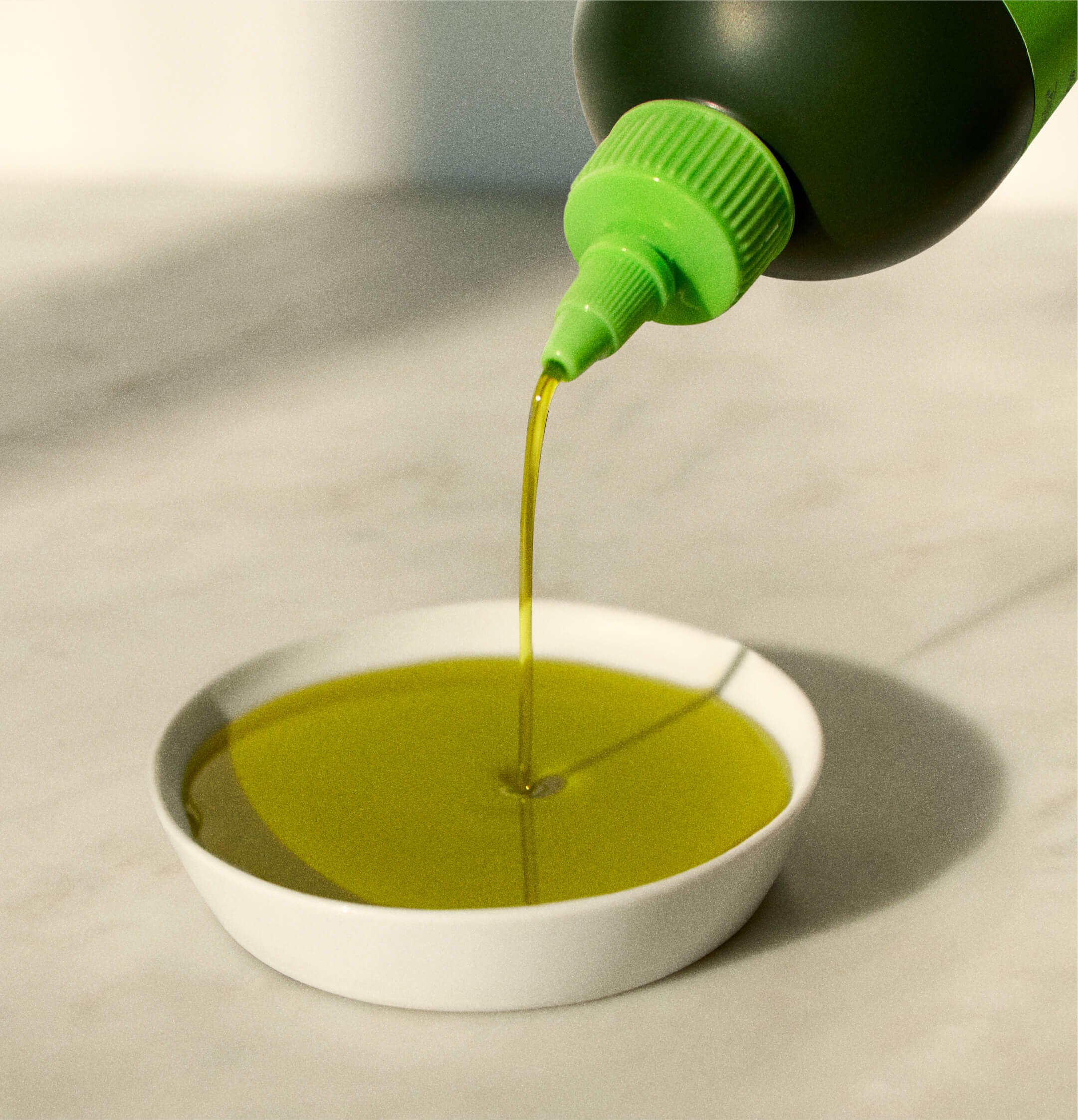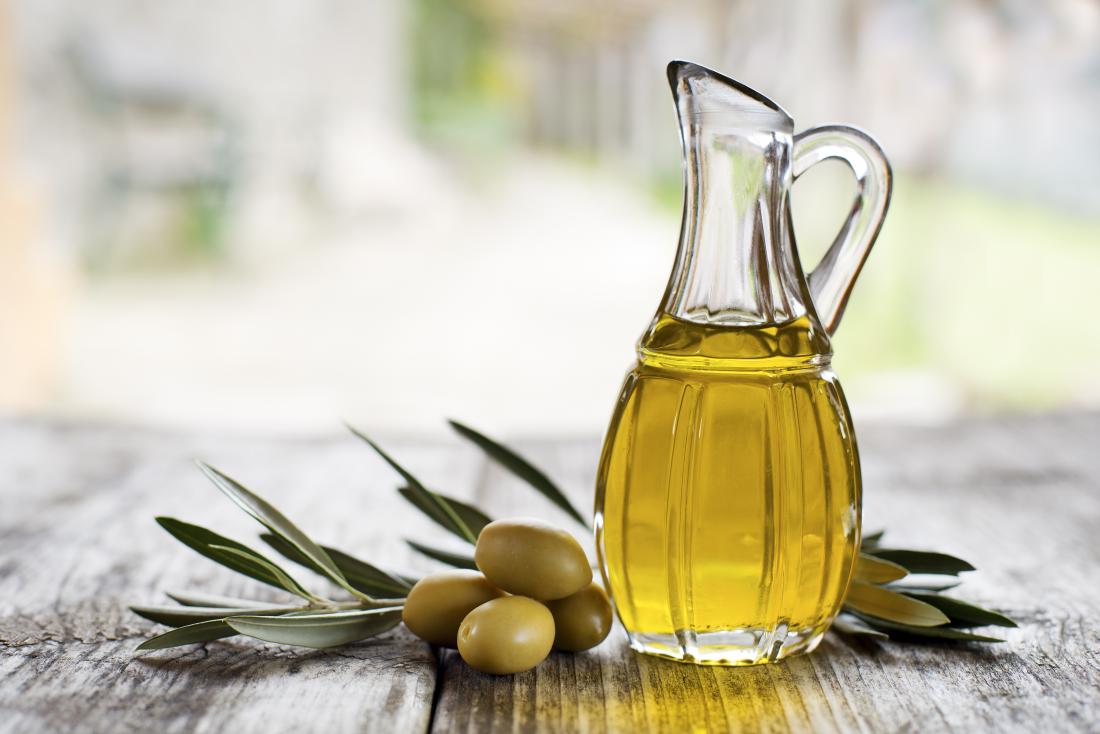Checking Out the Different Kinds Of Olive Oil and Their Usages, Including Extra Virgin Olive Oil
The expedition of olive oil encompasses a varied range of types, each offering cooking applications and unique flavors. Bonus virgin olive oil, renowned for its superior top quality and health and wellness advantages, serves as a staple in lots of kitchens, yet it is only one element of this diverse ingredient.
What Is Olive Oil?
Originated from the fruit of the olive tree, olive oil is a staple in Mediterranean food and a key component in different cooking applications. This flexible oil is generated by pushing entire olives, resulting in a liquid that differs in aroma, color, and taste relying on the sort of olives used, the region of growing, and the removal procedure. Olive oil is predominantly composed of monounsaturated fats, especially oleic acid, which is understood for its possible health and wellness benefits, consisting of anti-inflammatory homes and cardio assistance.
In addition to its culinary usages, olive oil has a long background of application in typical medication and skincare, owing to its rich antioxidant web content (extra virgin olive oil benefits). The oil is frequently utilized in dressings, marinates, and for cooking methods such as sautéing and roasting. Its unique taste profile can improve the taste of different dishes, making it a necessary component for both home cooks and professional chefs
Additionally, olive oil is celebrated for its role in the Mediterranean diet regimen, which is linked with numerous wellness advantages. As understanding of these advantages grows, olive oil remains to gain appeal worldwide as a basic part of a healthy lifestyle.
Types of Olive Oil
Comprehending the different sorts of olive oil is crucial for both cooking enthusiasts and health-conscious consumers. Olive oil is classified largely based upon its extraction technique and high quality, which substantially affects its scent, flavor, and health advantages.

Light olive oil, in spite of its name, refers to a lighter flavor and not reduced calories. It is excellent for those looking for a much more subtle taste in dressings and marinates. In addition, there are flavored olive oils infused with natural herbs, seasonings, or citrus, which can improve dishes without the requirement for extra seasoning.
Each sort of olive oil offers particular culinary objectives, and recognizing these distinctions enables consumers to make enlightened options that align with their food preparation styles and health objectives.
Additional Virgin Olive Oil
Extra virgin olive oil (EVOO) is extensively considered the finest quality olive oil readily available, renowned for its rich taste and many health advantages. To be categorized as added virgin, the oil needs to be produced from fresh olives utilizing mechanical processes, without using solvents or excessive warmth. This precise approach protects the oil's all-natural flavors, anti-oxidants, and healthy fats, causing a product with a reduced acidity degree of much less than 0.8%.
EVOO More hints is plentiful in monounsaturated fats, especially oleic acid, which is linked to reduced inflammation and boosted heart health. It likewise contains polyphenols, powerful antioxidants that might provide safety effects against persistent diseases. The flavor account of EVOO can vary dramatically depending on the olive range and area of production, ranging from fruity and verdant to durable and peppery.

Culinary Utilizes of Olive Oil

In food preparation, olive oil can be utilized for sautéing, toasting, and barbecuing, supplying a much healthier choice to butter or various other fats. Its high smoke factor makes it appropriate for different cooking techniques, while its antioxidants add to a heart-healthy diet. Drizzling olive oil over completed meals, such as pasta, fish, or barbequed vegetables, can elevate flavors and include a touch of style.
In addition, olive oil plays a substantial duty in cooking, where it can change standard fats in recipes for bread and pastries, imparting dampness and a refined taste. It also serves as a base for instilled oils, permitting cooks to explore flavors such as garlic, natural herbs, or chili, better broadening its culinary potential. On the whole, olive oil's versatility makes it important in both home and professional kitchens.
Finding Top Quality Olive Oil
When choosing quality olive oil, it's necessary to take into consideration a number of crucial aspects that affect the product's wellness, scent, and taste advantages. Opt for added virgin olive oil (EVOO), which is derived from the very first chilly pressing of olives and consists of the highest possible levels of anti-oxidants and helpful substances. Try to find oils that are certified by identified organizations, as this commonly ensures adherence to rigorous quality requirements.
The product packaging additionally plays a considerable function in maintaining the oil's integrity. Select oils saved in dark glass containers or tins to protect versus light degradation. Take note of the harvest day; fresher oils supply exceptional taste and dietary worth, so pick Web Site products that are Click Here within 18 months of their harvest.
Be mindful of the preference; a good high quality olive oil must have a balance of fruity, bitter, and sharp notes, showing its splendor and intricacy. By reviewing these elements, you can ensure you are picking the finest olive oil for your cooking demands.
Conclusion
In recap, the expedition of various kinds of olive oil discloses distinctive features and applications, with additional virgin olive oil standing for the peak of high quality due to its low acidity and high antioxidant material. Its flexibility in cooking uses enhances tastes in dressings, marinates, and sprinkles. Understanding the various selections of olive oil enables informed selections in cooking methods, advertising much healthier methods while enriching the total gastronomic experience. Quality choice continues to be essential for optimum advantages.
Acquired from the fruit of the olive tree, olive oil is a staple in Mediterranean cuisine and a crucial ingredient in numerous culinary applications.The most typical types of olive oil include improved olive oil, pure olive oil, and light olive oil.Extra virgin olive oil (EVOO) is commonly regarded as the greatest top quality olive oil available, popular for its rich taste and countless health benefits. Choose for extra virgin olive oil (EVOO), which is acquired from the very first cool pressing of olives and includes the highest possible degrees of antioxidants and helpful compounds.In summary, the expedition of numerous types of olive oil exposes unique features and applications, with extra virgin olive oil representing the pinnacle of high quality due to its reduced level of acidity and high antioxidant material.